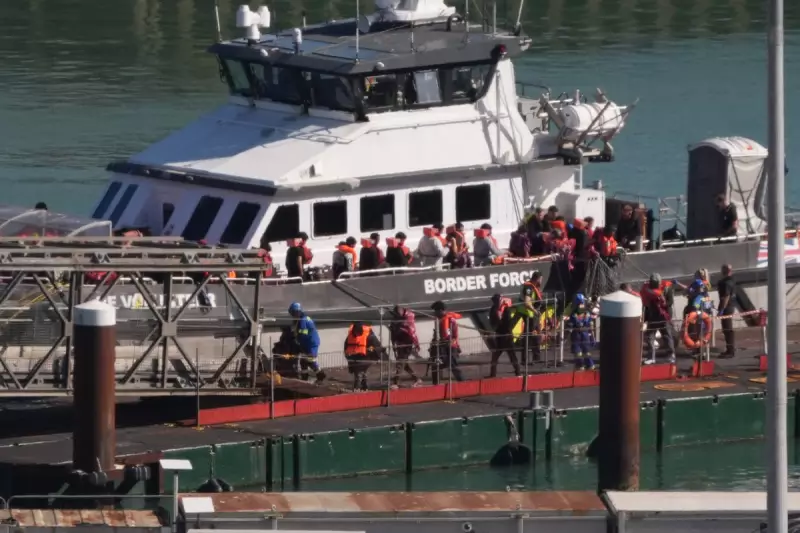
In a dramatic move that undermines a cornerstone of the UK's immigration strategy, France has unilaterally terminated a pivotal agreement to accept deportation flights from Britain. The decision comes hot on the heels of a seismic ruling by France's highest court of appeal, the Conseil d'État.
The collapsed deal, a centrepiece of the UK's efforts to deter small boat crossings, would have seen France accept flights carrying migrants deemed inadmissible to the UK asylum system. This sudden French withdrawal represents a significant diplomatic and political setback for the Home Office and Home Secretary James Cleverly.
Court Ruling Forces France's Hand
The French government's hand was forced by its own judiciary. The Conseil d'État found that the practice of accepting third-country nationals deported from the UK back to French soil was not supported by a sufficient legal framework within French law.
This legal deficiency meant France could no longer legally honour the arrangement, leaving the UK's plans for imminent deportation flights in tatters. The ruling effectively pulls the rug out from under a key cooperative measure between the two nations.
A Major Blow to UK Immigration Policy
This development strikes at the heart of the UK government's approach to managing Channel crossings. The deal was touted as a crucial deterrent, signalling that those arriving via small boats would not be permitted to stay.
With this mechanism now suspended indefinitely, the government's options for processing and removing arrivals have been severely curtailed. The Home Office finds itself scrambling for alternatives as it faces continued arrivals.
A government spokesman confirmed the setback, stating: "We acknowledge the decision made by the French court. We continue to work closely with our French counterparts on a range of measures to tackle illegal migration."
What Happens Next?
The immediate future of the UK's deportation policy is now uncertain. The government faces pressing questions:
- Diplomatic Re-engagement: Can a new, legally sound agreement be negotiated with France?
- Policy Alternatives: What interim measures will be put in place to address migrant arrivals?
- Legal Challenges: Could this ruling influence similar legal challenges in other European countries?
This unexpected turn of events underscores the complex legal and international dimensions of migration policy, where domestic court rulings in one nation can dramatically alter the strategic landscape for another.





